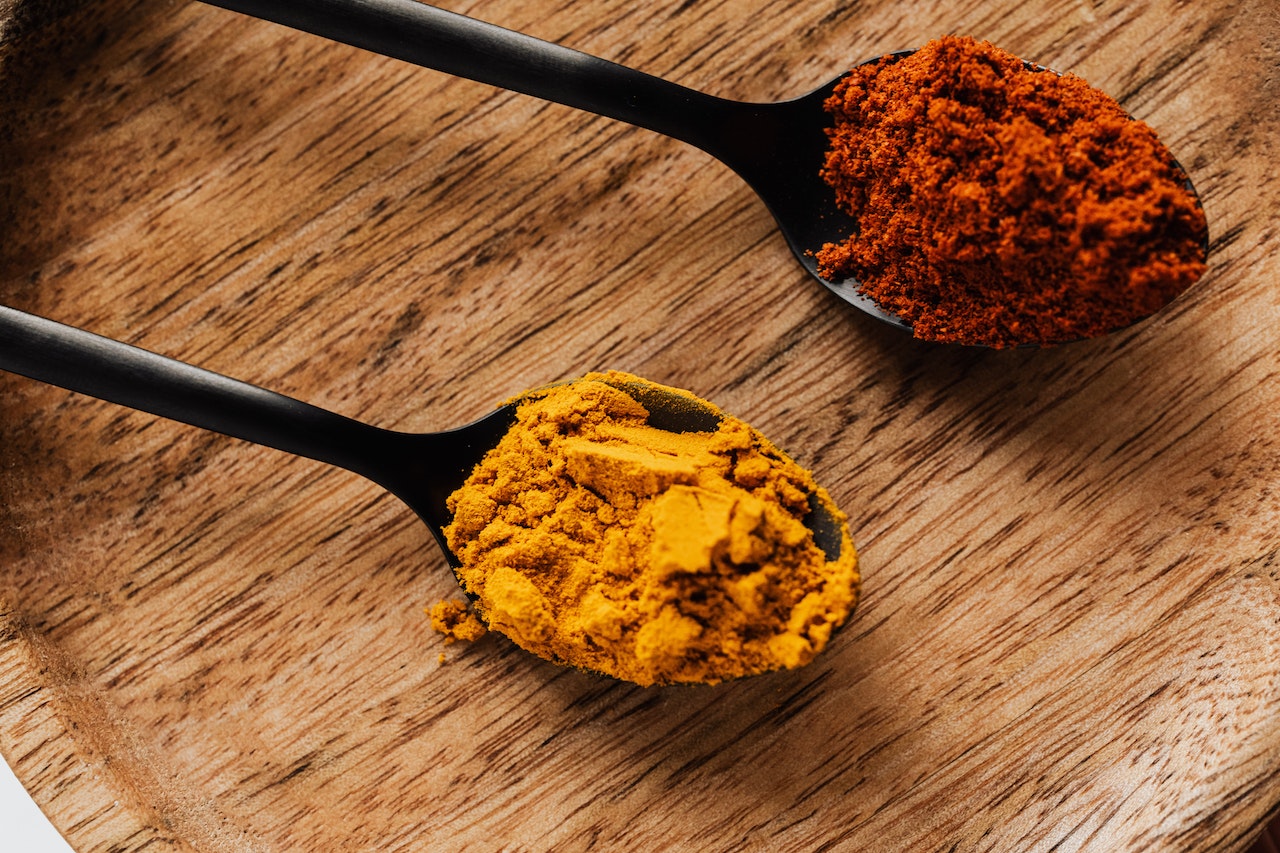Natural vs. Synthetic: How Do Vitamins Vary From Each Other?
Natural is an extended term in the world of supplements. Although the label aims to promote products as non-synthetic, there isn’t a distinct way to identify if a product is as genuine as it gets. Therefore, the U.S. Pharmacopeial Convention (USP) ensures that dietary supplements are safe and effective through the USP standards, marking natural supplements as “whole foods vitamins” and “bioavailable” or “bio-identical.” USP creates standards for these supplements, which manufacturers use to ensure quality control. But how are natural vitamins different from their synthetic counterparts? Here are some ideas.
1. Vitamin A
Vitamin A is a nutrient found in a wide variety of foods. It is essential for normal vision, the immune system, and reproduction. Vitamin A helps the heart, lungs, kidneys, and other organs work properly.
a. Natural
There are two types of vitamin A, retinol and beta-carotene. Retinol is the form of vitamin A that the body can use. Beta-carotene is a precursor to vitamin A, which means the body can convert it into retinol. Foods high in beta-carotene include carrots, sweet potatoes, winter squash, spinach, kale, collard greens, and romaine lettuce. Foods high in retinol include liver, cod liver oil, eggs, and milk.
b. Synthetic
Vitamin A can also be made in a laboratory. It is often added to foods such as cereals, margarine, and salad dressings. Vitamin A is also available as a synthetic supplement. The most common form of synthetic vitamin A is retinol palmitate.
2. Vitamin C
Vitamin C refers to a group of compounds with antioxidant properties, including ascorbic acid and its salts. Ascorbate (the anion of ascorbic acid) and ascorbic acid are both naturally present in the body when either synthesized endogenously or taken up from an external source.
a. Natural
Vitamin C is a water-soluble vitamin entering the body tissues but not stored. Therefore, people need to have their daily dose of vitamin C to ensure they get the recommended amount daily, protecting their bodies from various free radicals. Vitamin C also helps make hormones and chemical messengers in the brain and nerves.
b. Synthetic
Meanwhile, synthetic vitamin C comes from genetically modified corn sugar hydrogenated and processed with acetone. Unlike natural vitamin C, its synthetic variant does not include flavonoids and phytonutrients, making it more effective.
3. What is Vitamin D
Vitamin D is a nutrient that is essential for human health. It is required to absorb and utilize calcium and phosphorus to develop and maintain strong bones and teeth. Vitamin D also plays a role in the immune system and prevents chronic diseases like cancer.
a. Natural
The best way to get your daily dose of vitamin D is by exposing your skin to sunlight. The sun’s ultraviolet rays trigger vitamin D production in your skin. Just 10 to 15 minutes of sun exposure daily produces the vitamin D your body needs.
b. Synthetic
Vitamin D can be produced in a laboratory and is found in some foods and supplements. Scientists irradiate animal fat to stimulate vitamin D3 synthesis using lanolin or the waxy secretions from sheepskin that keeps wool dry.
Conclusion
Many different types of vitamins are essential for human health. However, not all vitamins are created equal. Some are synthetic, meaning they are not found in nature, while others are natural. It is essential to choose natural vitamins whenever possible, as they are more easily absorbed and utilized by the body.
Rhythmic Health aims to share information with people regarding whole food supplements, their benefits, and why people should consider taking them. Our goal is to show people how beneficial it is to invest in whole food nutrition to achieve a healthier body. Check out the benefits of using Golden milk powder or read through our other articles today.









